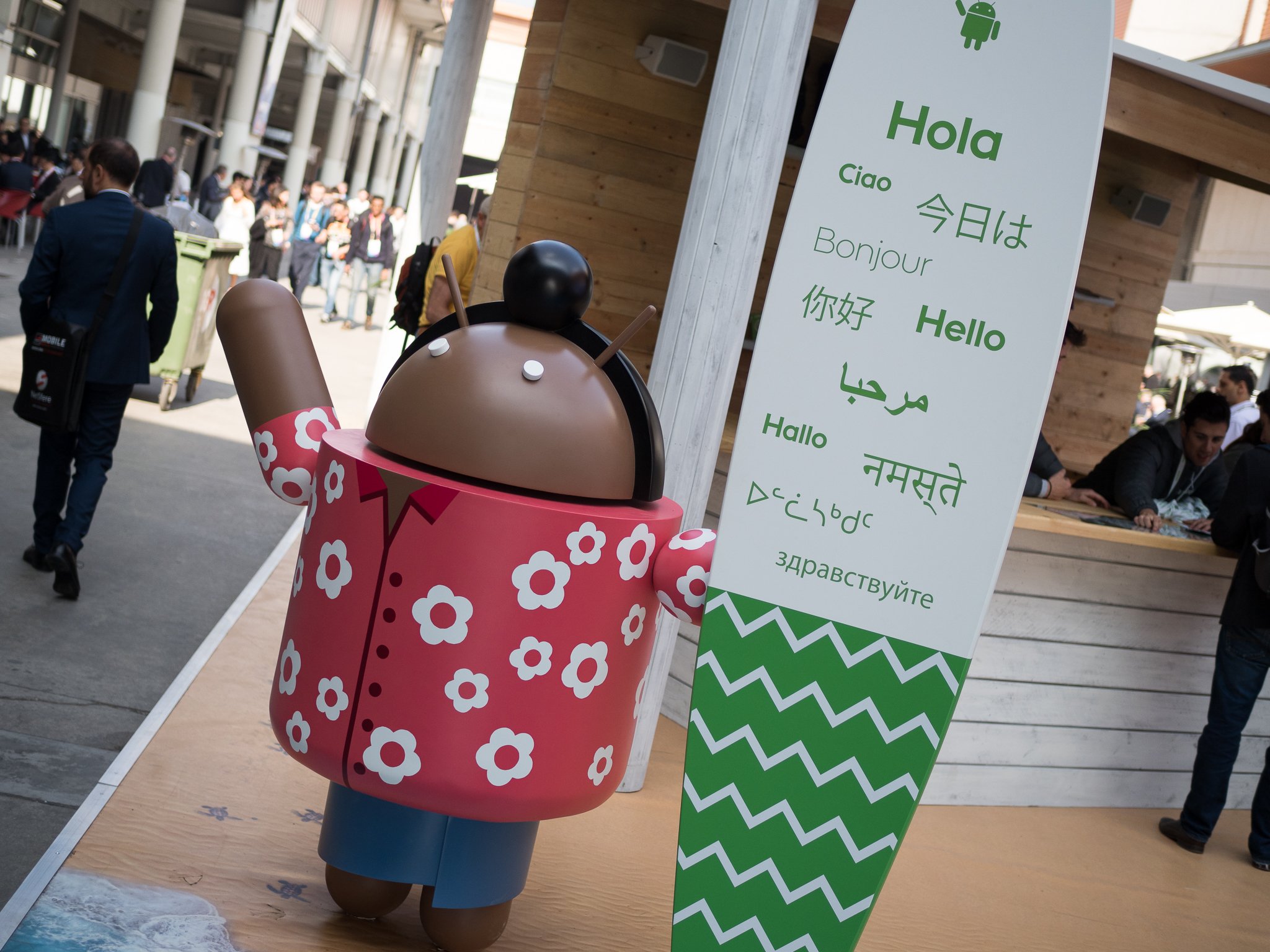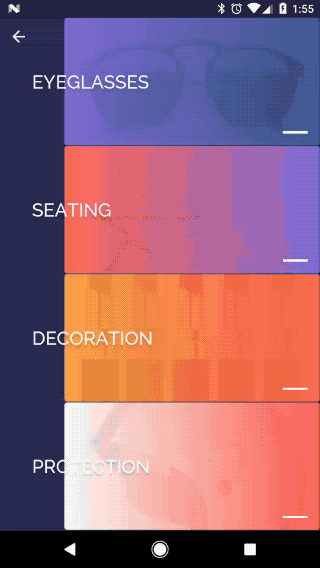Android is an open road, not a dead end

A recent article at OSNews called "Android is a dead end" brings up some good points to think about. While I think the conclusion is wrong, it does touch some important changes that are likely going to happen with Android. At least the phone OS version of Android. You should take a moment and read through it, if for nothing else than a different perspective.
A lot of different things get called Android. The reality is that Android is a front end that interfaces with us and can talk to whatever software or hardware it needs to so that magic can happen. Technically, it's a giant set of application frameworks and a way to turn code written for "Android" into an app, then run it. It can do this with the free operating system Google delivers designed to run Android, it can do it on Windows, it can do it in Chrome, it can do it on a Mac, or even BlackBerry 10. It's not quite portable, but hard work can make it so.
This is where I think anyone who thinks Android is at a dead end is confused. It certainly seems like Google is working on something to replace a lot of the software that runs on your phone with future versions, but that's not the Android part. From the article:
Android in its current form suffers from several key architectural problems - it's not nearly as resource-efficient as, say, iOS, has consistent update problems, and despite hefty hardware, still suffers from the occasional performance problems, among other things - that Google clearly hasn't been able to solve. It feels like Android is in limbo, waiting for something, as if Google is working on something else that will eventually succeed Android.

These are unpopular truths, especially in the Android fanbase. While building Android to run on almost any hardware is a strength, it also means these architectural "problems" will be undesired side-effects. It means the software isn't as efficient because it's designed to do things more than one way and it's never running as native software. Native software is more efficient, runs faster and uses less power, but it only runs on the hardware it was written for. Sometimes these problems mean nothing to us as end users, other times they interfere. They're not bad enough to matter to most people who use the front-end and interface that is Android.
And all signs point to Google working on something else to succeed what we have now. And it will run Android.
I want to think of Android O as like Apple OS 9 or Windows NT4. It's as far as the current software can go. All the tweaking has been done, performance and compatibility issues are addressed as much as they can be, and to take the software to the next level a lot needs changing. And like Windows 2000, Android can be exactly the same to the end user as the previous version was. Or like OS X, it can be a bigger change to how we do the same things, but still be able to do them all.
What the article at OSNews alludes to, and we've talked about here, is Fuchsia. It's a completely new operating system built from the ground up by some people who are really good at building operating systems. And it will have Android as the familiar user-facing software that we already know. It will also have Chrome as the familiar face we all know. And maybe even something new and different.
Be an expert in 5 minutes
Get the latest news from Android Central, your trusted companion in the world of Android
Google definitely is trying to succeed Android with something better, but at its core it will still be Android.
I don't think this shows Android is at a dead end. Not even a little bit. If anything, it will breathe new life into the entire ecosystem. Not all change is a bad change. And some changes can be very good. From the article, again:
In a few years, Google's Pixel phone will have a fully custom, Google-designed SoC, and run an operating system that is Android in brand name only.
Hopefully, this is true. And I'm more hopeful that the software will be written in a way that Samsung can do the same, and Huawei, and anyone else who wants to custom fab a SoC. Android in brand name only is Android. The underlying operating system doesn't give the user any experience, and a cheap Wi-Fi router that runs Android or a Kindle Tablet or a microwave oven is not giving you the Android experience the way your phone is. This part of Android is just a generic software. A commodity. It's valuable, but can be replaced by something better if something better comes along.
Android in a Fuchsia future may not look like Android today. Or it might. The important thing is that it can, and can be a better experience for all of us who use it without any worry about the technology that drives it.

Jerry is an amateur woodworker and struggling shade tree mechanic. There's nothing he can't take apart, but many things he can't reassemble. You'll find him writing and speaking his loud opinion on Android Central and occasionally on Threads.
